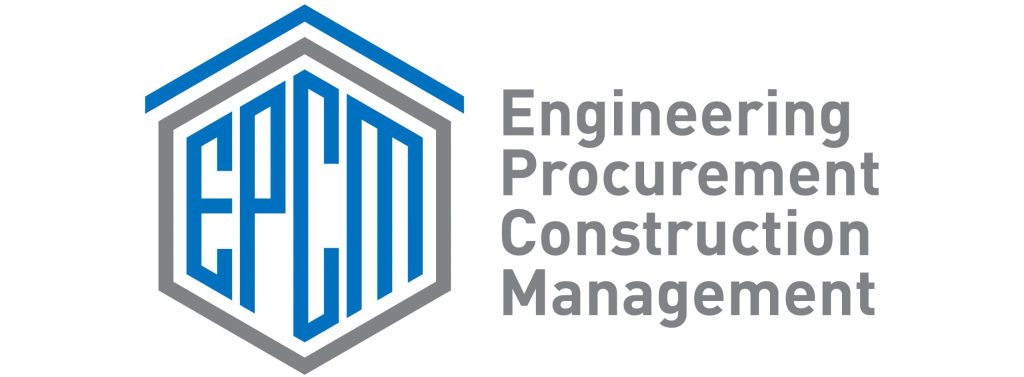Introduction
As the construction industry embraces digital transformation, remote virtual construction
management has emerged as a game-changer, reshaping how projects are managed
and executed. This post explores the cutting-edge practices and technologies driving
this evolution, offering insights into how companies can harness these advancements
for unprecedented efficiency and cost savings.
The Rise of Remote Virtual Construction Management
The concept of managing construction projects remotely is not new, but recent
advancements in technology have propelled it to the forefront of industry innovation.
Remote virtual construction management leverages digital tools and platforms to
oversee and coordinate construction projects from anywhere in the world, breaking
down geographical barriers and opening up new possibilities for project management
efficiency.
Key Benefits and Advantages
The adoption of remote management practices offers a myriad of benefits, including
significant reductions in travel costs and time, enhanced collaboration among project
stakeholders, and the ability to monitor project progress in real-time. Moreover, it
facilitates a more flexible work environment, attracting top talent who seek work-life
balance while contributing to environmental sustainability by reducing the carbon
footprint associated with travel.
Technologies Powering Remote Management
At the heart of successful remote virtual construction management are technologies
such as Building Information Modeling (BIM), cloud computing, and virtual reality (VR).
BIM provides a digital representation of the physical and functional characteristics of a
facility, allowing for improved decision-making throughout the construction process.
Cloud computing enables seamless data sharing and collaboration, while VR allows for
immersive project walkthroughs, safety training, and stakeholder engagement, even
before the first brick is laid.
Overcoming Challenges
While the shift towards remote management brings numerous advantages, it also poses
challenges such as the need for robust cybersecurity measures, the integration of new
technologies with existing systems, and the management of team dynamics in a virtual
environment. Addressing these challenges requires a proactive approach, investing in
staff training, and establishing clear protocols for communication and data sharing.
Conclusion: Embracing the Future of Construction
The future of construction lies in the ability to adapt and innovate. Remote virtual
construction management represents a significant step forward, offering the promise of
more efficient, sustainable, and flexible project management. As the industry continues
to evolve, embracing these changes and the opportunities they present will be key to
staying competitive and meeting the ever-increasing demands of clients and projects.
By highlighting the benefits, technologies, and strategies for overcoming challenges
associated with remote virtual construction management, this blog post aims to inform
and inspire construction professionals to explore new ways of working that can lead to
greater efficiency and success in their projects.

